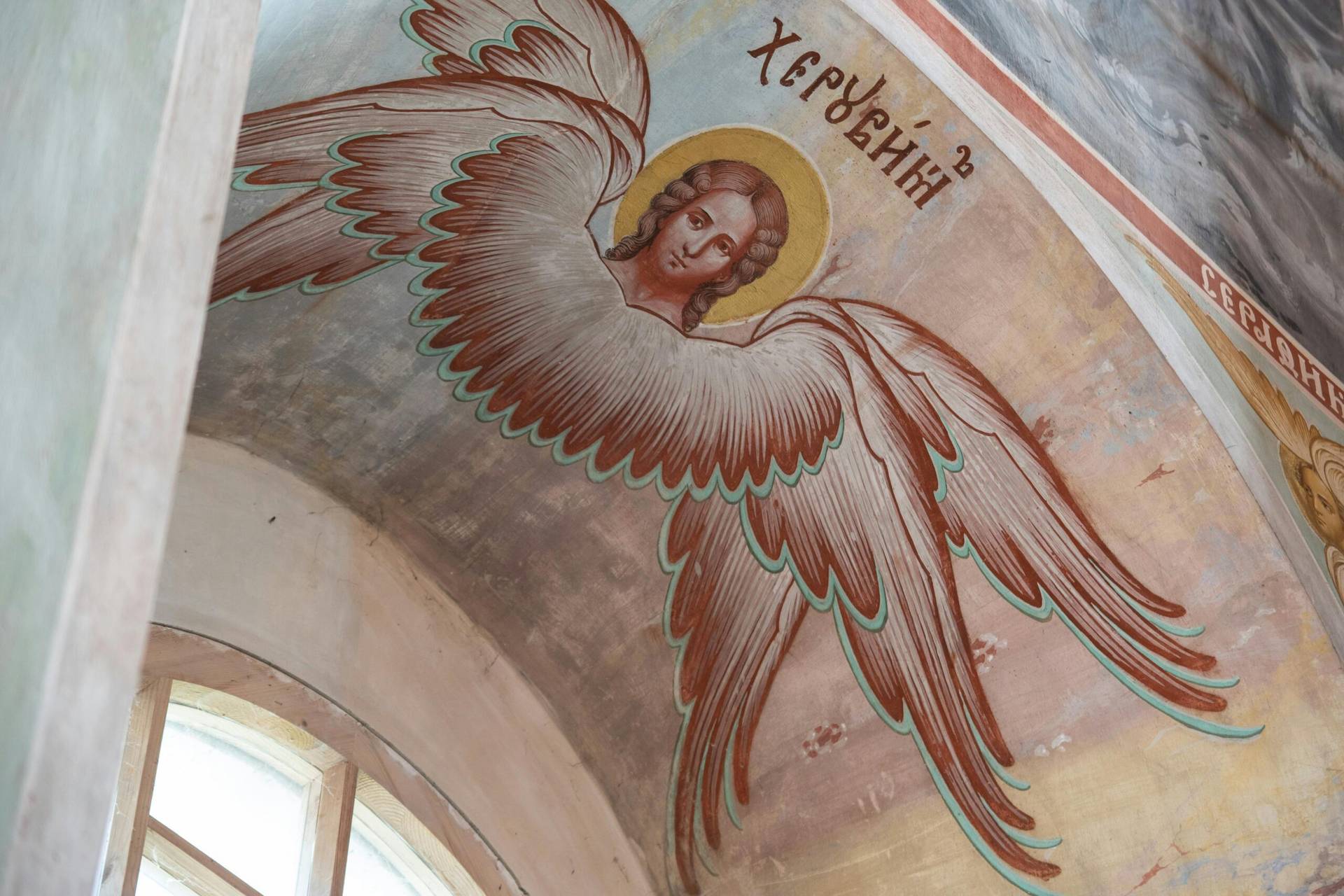What happened to Venezuela? Its absence from the papal blessing on Easter Sunday indicates that the Holy See is not sure of how to proceed in an increasingly deteriorating situation.
A curious custom, at least decades old, has grown up around the Urbi et Orbi (to the City and to the World) blessing at Christmas and Easter. Before giving the solemn blessing from the central balcony overlooking St. Peter’s Square, the pope delivers a short address.
He customarily speaks about the meaning of the day itself, and then begins a litany of selected woe-begotten countries the world over, invoking the peace of Christmas or Easter on places desperately in need of it. However the travelogue of misery came to be part of the Urbi et Orbi, it is now a fixed tradition.
This Easter, Syria led the list of the afflicted, a premier position it has held in every Urbi et Orbi that Pope Francis has delivered. The Holy Land is always included. Ukraine earned a mention at Easter 2014, a few weeks after it was invaded by Russia, and has remained present ever since, as have the Russians.
Of particular interest this year is Venezuela, a country in which the Holy See’s diplomacy is being put to the test. Venezuela was first included in the Urbi et Orbi at Easter 2014, approximately a year after the death of Hugo Chavez and as falling oil prices exposed the weakness of its centrally-planned economy and unsustainable subsidies.
Venezuela did not appear again for another two years, until it was mentioned both at Easter and Christmas in 2016. This Easter though, when the situation in Venezuela is truly desperate, the Holy Father only made a generic reference to “Latin America.” Why?
Venezuela poses a unique challenge for the Holy See. With a pope from Latin America and a secretary of state, Cardinal Pietro Parolin, who served as the Vatican representative in Caracas, the crisis there cannot be ignored.
Before the election of Francis, the Holy See’s diplomatic position was straightforward. It supported the bishops of Venezuela when they defended the Church against Chavez’s hostility, and to the extent that there was political tension it advocated dialogue and respect for democracy.
Chavez pursued a petro-socialism that used windfall oil revenues to subsidize vast sections of the economy. Government control of the oil industry gave Chavez huge revenues to use for everything from social assistance to advancing the interests of his political party.
When oil prices fell in 2014, Chavez’s successor Nicolas Maduro, was faced with a collapsing economy, hyperinflation and shortages of basic goods, including food. Venezuelans are starving in a mismanaged oil-rich country.
Waves of opposition protests led the Maduro regime to steadily erode democratic rights and employ violence against protesters. Just before Easter, the Maduro-controlled supreme court stripped the opposition-controlled national assembly of its powers, leaving Maduro a de facto dictator.
When that proved a step too far for international opinion, Maduro directed the court to reverse its decision. Nevertheless, this week hundreds of thousands of Venezuelans have been in the streets demanding a change in government. Violence has continued.
In the midst of all this, the Vatican has attempted to walk a fine line. Chavez died the same week Pope Francis was elected, so the two did not overlap in office. Maduro though, has continued the Chavez rhetoric of fiery leftist populism. He has sought to portray Francis, who sometimes sounds like a fiery leftist populist on political and economic matters, as something of an ally.
For a brief period, the Vatican was involved as a mediator in talks between the Maduro regime and the opposition. The government was happy for the Vatican role, for it believed that it gave them added legitimacy. The opposition trusted the Church because of the longstanding criticism of Chavismo by the Venezuelan bishops, led by Cardinal Jorge Urosa Savino of Caracas.
The mediation role required the Vatican to maintain general neutrality its public diplomacy. However, the mediation talks were short-lived due to the Maduro regime failing to meet the conditions for the talks to continue, which included release of political prisoners and respect for democratic norms.
As the locus of activity has moved to the streets, the Venezuelan bishops have become pointedly critical of the Maduro regime and more clearly allied with the opposition, which has the people on its side against Maduro, who controls the courts and the military.
Maduro has thus unleashed government goons against the Church, entering parish churches to disrupt Masses. On Wednesday of Holy Week, Maduro’s men burst into the Chrism Mass of Cardinal Urosa, shouting threats and physically assaulting the cardinal.
It would therefore seem time for a thunderous denunciation from Francis against the Maduro regime. Certainly, the government has brought to Venezuela an “economy that kills,” with people dying for lack of food and medicine, to say nothing of protesters dying in the streets. The path of dialogue has long been abandoned by a regime that sends armed men into churches to intimidate the Church by threatening people at prayer.
So why has the Vatican gone quiet? Why no strong statement of solidarity with Cardinal Urosa, attacked in his own cathedral in Holy Week? Why no mention of the suffering people of Venezuela in this Easter’s Urbi et Orbi?
It may be a genuine uncertainty about the best path forward, though it is quite clear that Venezuela’s bishops have lost confidence in the Maduro regime. It may be thought that strong words from the Holy See might further inflame Maduro’s violence against the Church.
Or it may be that such a step would require Francis to direct criticism at a Latin American leftist, which he heretofore has not done. To the contrary, Latin American leftists have enjoyed favour under this pope, with both Raul Castro of Cuba and Evo Morales of Bolivia getting unusually warm receptions on visits to the Vatican.
The Holy Father has yet to visit his native Argentina, but chose Cuba and Bolivia for significant moments in his papal travels. To come out against the Maduro regime would require a break with Castro and Morales specifically, and the militant Latin American left more generally.
More is at stake for Vatican diplomacy than the situation in Venezuela. Francis has got a wide hearing for his trenchant criticisms of economic inequality and exploitation.
He has given rhetorical and moral support to those opposed to a globalized, neo-liberal economic order. He has put his personal support behind the world meetings of popular movements, which emphasize the people in the streets and slums against elite financial interests.
His credibility on these key aspects of teaching would be compromised if he did not apply them against the Maduro regime, which has despoiled the people to protect its own political power.
If the Holy See does not adopt a tougher line against Maduro, it would make Francis’s economic interventions appear ideologically leftist rather than rooted in Catholic social teaching.
The silence of the Urbi et Orbi suggests that the Holy See has not yet figured out how it wants to proceed.















